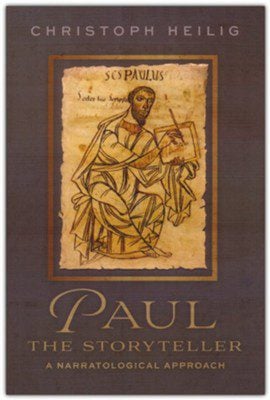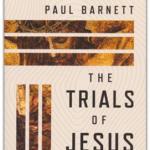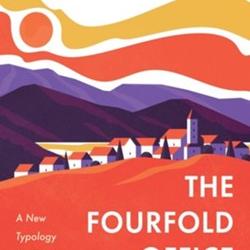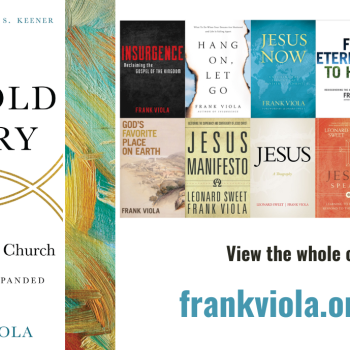If you somehow missed the first excerpt of my upcoming book on the New Testament story, you can read it here. Christoph Heilig is one of many scholars who helped me with some of the research questions I had for it.
And as I was writing my own book, Heilig came out with a new book of his own on a different topic. Christoph Heilig’s Paul: The Storyteller offers a fresh and innovative exploration of the Apostle Paul’s narrative approach, breaking new ground in Pauline scholarship. With meticulous attention to detail and a creative analytical perspective, Heilig reimagines our understanding of Paul’s literary and rhetorical strategies.
The book’s central premise challenges traditional interpretations of Paul’s writings, positioning him not merely as a theological correspondent but as a sophisticated storyteller. Heilig argues that Paul’s epistles are far more than doctrinal treatises; they are carefully crafted narrative compositions that strategically weave theological concepts with narrative elements.
Heilig’s approach is particularly noteworthy for its interdisciplinary methodology. He draws from narratology, literary theory, and biblical studies to construct a nuanced understanding of Paul’s rhetorical techniques. By examining Paul’s letters through a narrative lens, Heilig reveals layers of complexity often overlooked in more traditional scholarly approaches.
The author pays special attention to how Paul uses storytelling as a theological and pastoral tool. He demonstrates that Paul’s narratives are not simply historical accounts but sophisticated rhetorical devices designed to shape the identity and understanding of early Christian communities. Heilig shows how Paul strategically employs personal stories, collective memories, and theological narratives to communicate complex theological concepts.
One of the book’s most compelling aspects is its careful analysis of Paul’s use of personal and collective narratives. Heilig explores how Paul reconstructs both his own biographical narrative and the broader narrative of salvation history. He argues that Paul’s storytelling serves a transformative purpose, inviting his readers to reimagine their own identities within a broader theological framework.
The scholarly rigor of the work is matched by its accessibility. Despite the complexity of its subject matter, the book remains engaging and readable. Heilig writes with clarity and precision, making sophisticated scholarly arguments comprehensible to both academic readers and serious students of biblical literature.
Methodologically, the book represents a significant contribution to Pauline studies. Heilig’s narrative approach offers a novel interpretive framework that challenges more traditional form-critical and historical-critical methods. He demonstrates how narrative analysis can provide deeper insights into Paul’s theological and rhetorical strategies.
The book is particularly valuable for scholars of New Testament studies, theological students, and researchers interested in the intersection of narrative theory and biblical interpretation. Heilig’s work invites readers to reconsider Paul not just as a theologian, but as a masterful storyteller who used narrative to communicate profound theological insights.
While the book’s scholarly approach might be challenging for casual readers, it represents an important contribution to understanding Paul’s literary and theological methods. Heilig’s careful analysis opens up new avenues for understanding the complex rhetorical world of early Christian communication.
Paul: The Storyteller ultimately succeeds in presenting a compelling reinterpretation of Pauline literature. By foregrounding Paul’s narrative strategies, Heilig offers a nuanced and sophisticated understanding of how early Christian theology was communicated and constructed through storytelling.
This is a landmark work that will undoubtedly spark significant discussion and debate in biblical scholarship. Heilig has produced a book that is at once rigorous, innovative, and deeply insightful, offering a transformative perspective on one of Christianity’s most important figures.














